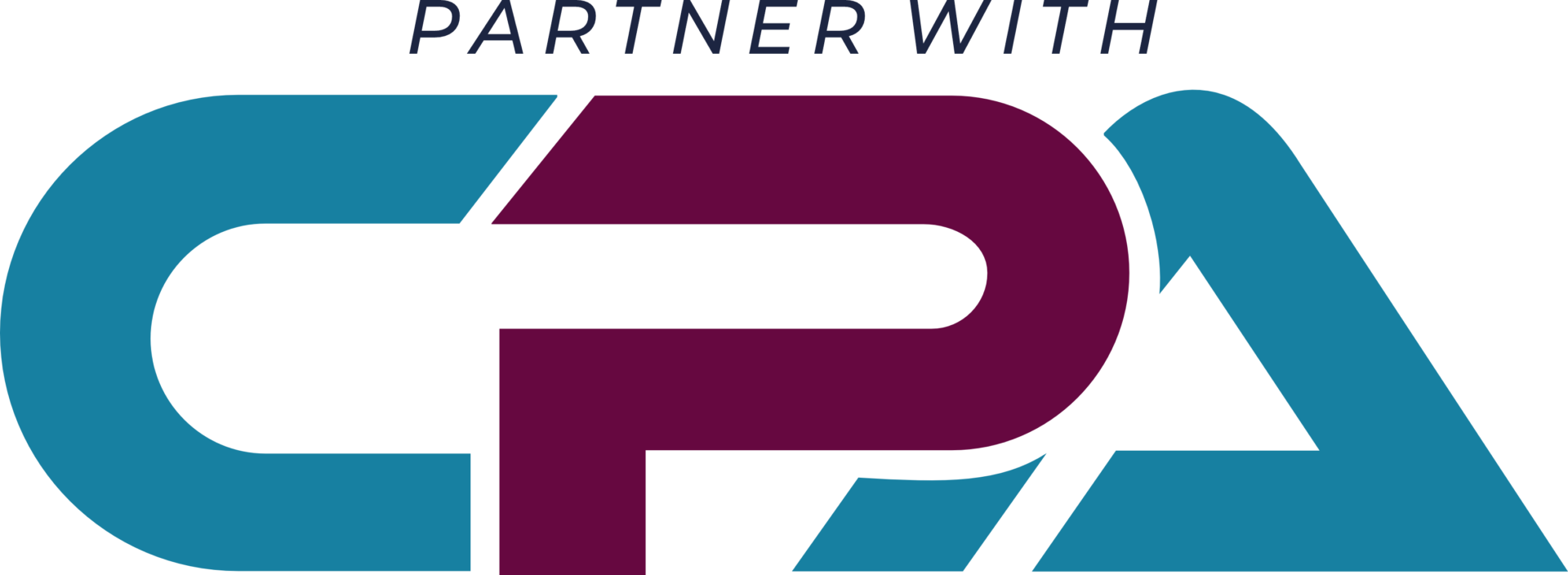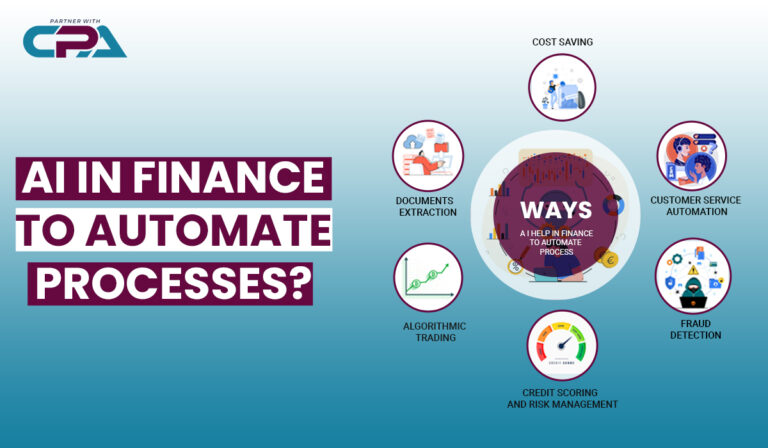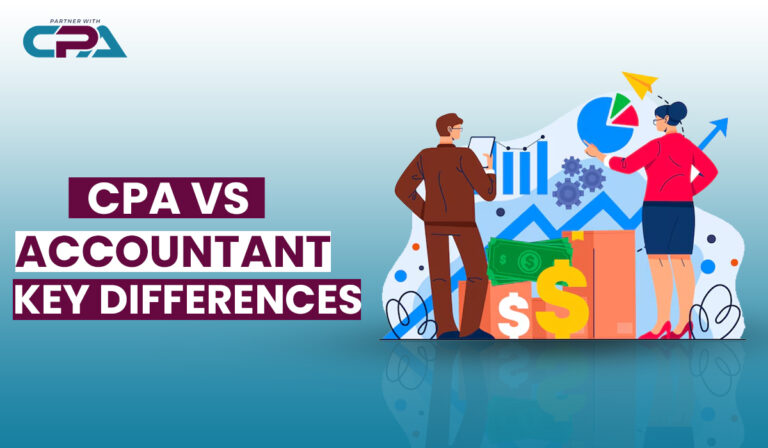What Is a CPA? The Answer You’re Looking For!

In the world of finance, accounting, and taxes, the term “CPA” often comes up. But what exactly is a CPA, and what role do they play in various industries? Whether you are an individual taxpayer, a business owner, or someone considering a career in accounting, understanding what a CPA is and what they do is important. This guide will cover everything you need to know about Certified Public Accountants (CPAs) and why they are important.
What Is a CPA?
A CPA, or Certified Public Accountant, is a highly trained and licensed accounting professional who has passed the CPA exam and met state-specific licensing requirements. CPAs are held to a high standard of professionalism, ethics, and expertise in accounting and financial matters. They provide services such as tax preparation, financial planning, auditing, and business consulting.
Unlike a standard accountant, a CPA has met additional education and experience requirements, making them more qualified to handle complex financial matters.
What Is a CPA in Accounting?
In accounting, a CPA plays a vital role in ensuring financial records are accurate, compliant with regulations, and optimized for business decision-making. CPAs often work in public accounting firms, corporate finance departments, government agencies, and nonprofit organizations.
Their responsibilities include:
- Preparing and reviewing financial statements
- Conducting audits to ensure compliance with laws and regulations
- Advising on accounting best practices
- Implementing accounting software and systems
- Ensuring accuracy in financial reporting
Because of their expertise, CPAs are trusted advisors for businesses and individuals seeking financial guidance.
What Is a CPA Accountant?
The term “CPA accountant” is often used interchangeably with CPA, but it’s important to note that not all accountants are CPAs. A CPA accountant has undergone rigorous training, passed the CPA exam, and fulfilled state licensing requirements. This makes them a step above regular accountants when it comes to expertise in financial matters.
CPAs are particularly valuable for tasks like:
- Performing audits and ensuring compliance
- Handling complex tax situations
- Offering business consulting services
- Representing clients before the IRS
For those in need of expert accounting services, hiring a CPA accountant ensures credibility and advanced knowledge in the field.
What Is a CPA in Business?
In the business world, CPAs play a crucial role in financial management, tax planning, and regulatory compliance. Business owners rely on CPAs to:
- Develop financial strategies to maximize profitability
- Ensure tax efficiency and compliance with tax laws
- Oversee financial risk management
- Provide insights into cost control and budgeting
- Assist with mergers, acquisitions, and financial restructuring
Many businesses choose to work with CPAs because of their extensive knowledge of accounting principles and tax regulations, helping companies stay financially healthy and legally compliant.
What Is a CPA for Taxes?
One of the most common reasons individuals and businesses hire CPAs is for tax-related services. A CPA for taxes specializes in:
- Preparing and filing tax returns
- Advising on tax-saving strategies
- Assisting with IRS audits and disputes
- Ensuring compliance with federal, state, and local tax laws
- Helping businesses take advantage of tax deductions and credits
Because tax laws are complex and ever-changing, working with a CPA ensures accuracy, minimizes tax liabilities, and reduces the risk of costly errors.
What Is a Tax CPA?
A tax CPA is a CPA who specializes in tax planning, preparation, and advisory services. Unlike general accountants or tax preparers, tax CPAs have in-depth knowledge of the tax code and advanced strategies to help clients legally minimize their tax burdens. They are especially helpful for:
- Small businesses and corporations needing tax guidance
- Individuals with complex tax situations, such as high-income earners, self-employed professionals, or those with multiple income streams
- Estate and trust planning
- Handling tax audits or legal tax disputes
Tax CPAs stay up to date with the latest tax laws and regulations, ensuring their clients benefit from the most current tax-saving strategies.
What Is a CPA License?
A CPA license is an official credential issued by a state’s board of accountancy, granting an individual the legal authority to practice as a Certified Public Accountant. To obtain a CPA license, candidates must:
- Pass the Uniform CPA Examination
- Meet specific education requirements, typically including a bachelor’s degree in accounting or a related field
- Accumulate a required amount of work experience under a licensed CPA
- Fulfill ethics and continuing education requirements as mandated by the state
Holding a CPA license demonstrates a high level of competency, professionalism, and ethical responsibility in the accounting profession.
What Is a Licensed CPA?
A licensed CPA is an accountant who has met all the requirements set forth by their state’s licensing board to legally provide CPA services. This distinguishes them from non-licensed accountants, as licensed CPAs:
- Can sign audit reports and financial statements
- Represent clients before the IRS
- Have higher credibility and trustworthiness
- Must adhere to strict professional and ethical standards
Being a licensed CPA signifies expertise and authority in the field, making them valuable assets to businesses and individuals.
What Is a CPA Certification?
A CPA certification is proof that an accountant has successfully passed the CPA exam and met all licensing requirements. It is one of the most prestigious credentials in the accounting industry and provides numerous benefits, including:
- Enhanced career opportunities in public accounting, corporate finance, government, and consulting
- Higher earning potential compared to non-certified accountants
- Greater credibility and trust with clients and employers
- The ability to specialize in areas like tax, audit, or financial consulting
Obtaining a CPA certification requires dedication and commitment, but it significantly boosts an accountant’s professional standing and career growth.
Why Hire a CPA?
Whether you need accounting support for personal finances or business operations, a CPA offers expertise, reliability, and peace of mind. Some key benefits of hiring a CPA include:
- Accuracy and Compliance – CPAs help you avoid financial errors and stay compliant with regulations.
- Strategic Tax Planning – They help individuals and businesses reduce tax liabilities legally.
- Audit Support – If you face an IRS audit, a CPA can represent you and navigate the process.
- Financial Advice – CPAs offer valuable insights for making sound financial decisions.
- Business Growth – They assist with financial planning, cash flow management, and growth strategies.
Conclusion
A CPA is more than just an accountant. They are financial experts with specialized training and certifications that set them apart. Whether you are looking for tax assistance, financial planning, or business consulting, a CPA can provide the professional guidance you need. By understanding what a CPA is, their licensing process, and their role in accounting, business, and taxation, you can make informed decisions about hiring one for your financial needs.

I’m Qaisar Umar, a Digital Marketing Expert, Web Designer, and Growth Strategist with experience ranking 90+ brands and working with 200+ international clients. I’m SEMrush certified and trained by iSkills, specializing in SEO, web design, and growth strategies to help businesses scale online.
Passionate about technology and ranking tactics, I stay ahead of trends to drive real results. Whether it’s boosting visibility, improving engagement, or growing a brand, I focus on strategies that work.


